- Welcome to FictionDB, Guest
- | My Account
- | Help

A March on London — G.A. Henty / George Alfred Henty
buy the book from amazon
Paperback editions:
Hardcover editions:
eBook editions:
Audio editions:
Large Print editions:
Browse Similar Books at Amazon
Literature & Fiction->Literary
Description
"'Tis a difficult question, my son, and I am glad that it is one that wiser heads than mine will have to solve."
"But they don't seem to try to solve it; things get worse and worse. The king is but a lad, no older than myself, and he is in the hands of others. It seems to me a sin and a shame that things should go on as they are at present. My father also thinks so."
The speaker was a boy of some sixteen years old. He was walking with the prior in the garden of the little convent of St. Alwyth, four miles from the town of Dartford. Edgar Ormskirk was the son of a scholar. The latter, a man of independent means, who had always had a preference for study and investigation rather than for taking part in active pursuits, had, since the death of his young wife, a year after the birth of his son, retired altogether from the world and devoted himself to study. He had given up his comfortable home, standing on the heights of Highgate -- that being in too close proximity to London to enable him to enjoy the seclusion that he desired -- and had retired to a small estate near Dartford.
Educated at Oxford, he had gone to Padua at his father's death, which happened just as he left the university, and had remained at that seat of learning for five years. There he had spent the whole of his income in the purchase of manuscripts. The next two years were passed at Bologna and Pisa, and he there collected a library such as few gentlemen of his time possessed. Then Mr. Ormskirk had returned to England and settled at Highgate, and two years later married the daughter of a neighbouring gentleman, choosing her rather because he felt that he needed someone to keep his house in order, than from any of the feeling that usually accompanies such unions. In time, however, he had come to love her, and her loss was a very heavy blow to him. It was the void that he felt in his home as much as his desire for solitude, that induced him to leave Highgate and settle in the country.
Here, at least, he had no fear of intrusive neighbours, or other interruptions to his studies. The news from London seldom reached his ears, and he was enabled to devote himself entirely to his experiments. Like many other learned men of his age, it was to chemistry that he chiefly turned his attention. His library comprised the works of almost every known writer on the subject, and he hoped that he might gain an immortal reputation by discovering one or both of the great secrets then sought for -- the elixir of life, or the philosopher's stone that would convert all things into gold. It was not that he himself had any desire for a long life, still less did he yearn for more wealth than he possessed, but he fondly believed that these discoveries would ameliorate the condition of mankind.
CERTAIN CONTENT THAT APPEARS ON THIS PAGE COMES FROM AMAZON. THIS CONTENT IS PROVIDED ‘AS IS’ AND IS SUBJECT TO CHANGE OR REMOVAL AT ANY TIME.
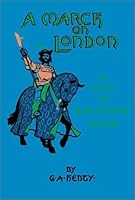
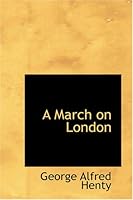
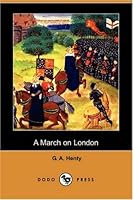

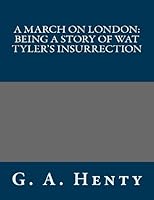




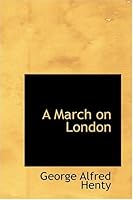
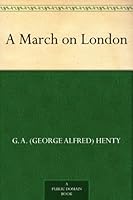
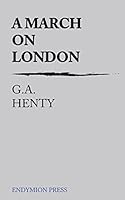
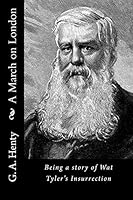

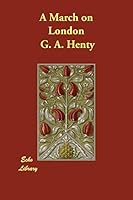
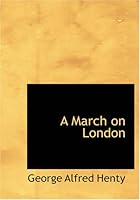
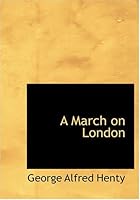
 Amazon UK
Amazon UK